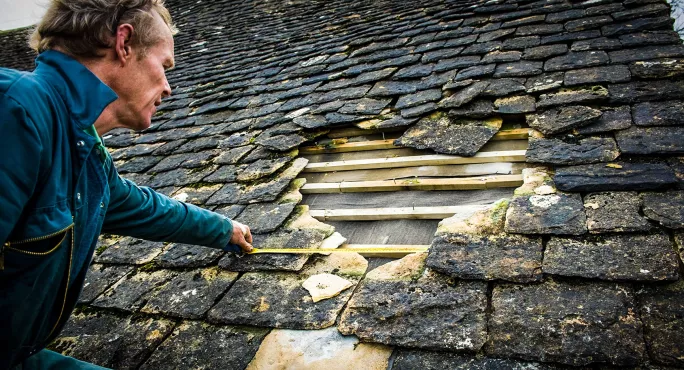Why the sector should embrace plans to help repeat ‘RI’ schools

The government’s recent plans to address sustained educational underperformance by targeting schools with two successive “requires improvement” (or “RI”) Ofsted judgements drew several criticisms.
Some in the sector argued that it is too blunt of an instrument to judge if schools are improving or stagnating and could prove counterproductive.
However, now the dust has settled, I think we should see these plans as unquestionably positive in preventing children from receiving an education that is less than good.
Why we must act
There is flexibility proposed, with an understanding that the intervention won’t apply to schools that have shown green shoots of recovery, and decisions to be taken on a case-by-case basis. Headteachers will have to show signs of progress, which is clearly right.
These plans follow previous efforts to target sustained underperformance in “coasting” schools. In 2012, Ofsted changed the definition of “satisfactory” schools to “requires improvement”, to highlight that they should be expected to perform better.
However, 10 years later, too many “RI” schools have been left to stagnate rather than being pushed to improve.
That’s why this proposed intervention adds a clear timetable, sense of structure, purpose and momentum to the process of school improvement.
Pupils in schools with multiple “RI” judgements stretching back over years deserve better than waiting on the whims of the Ofsted inspection schedule for intervention. Instead, their schools will be on the government’s radar.
This is so important as schools that receive two “RI” judgements in a row will have cohorts of children whose whole school experience is in a failing school.
Changing the narrative
These children never experience a good education. If they receive three or more “RI“s that means multiple generations of pupils will have received a less-than-good education. You have to ask what message does that send to a community? Not least because generation after generation of failed cohorts flies in the face of the government’s levelling-up agenda.
Schools rated as “RI” are more likely to be located in areas of educational disadvantage or isolation, with little or no access to sources of support. This will make it harder for them to improve and to ensure children are not left stagnating in schools with low standards.
While some of these schools, either in supportive academy trusts or with a well-working local authority, will be able to improve, there is no guarantee of this.
If they have been found by Ofsted not to have shown enough improvement since the previous “RI” judgement, it would be naïve to hope they will somehow find the impetus to be better.
I am aware that there are still kinks in the plans to work through, such as ensuring there is sufficient multi-academy trust (MAT) capacity to take on these coasting schools. We know that just joining a MAT is not by itself a silver bullet to guarantee improvement, but combining this with specified actions to improve, along with the threat of taking the school from the MAT, means we can be more confident no school will be left to stagnate alone.
Otherwise, you would have a school that hasn’t improved in three years, and that has received multiple “RI” ratings from Ofsted.
The right support and guidance
This school clearly can’t just be left to its own devices and hoped to improve, especially considering that governance is often severely lacking in these schools.
Without strong governance providing the capacity, drive and direction to improve the school, there is little hope of things getting better.
This means leaving the school without intervention to suffer through a third or fourth “RI” judgement merely prolongs the problem rather than taking action to address it.
In addition, leadership in “RI” schools is often a challenge as they experience significant turnover. This can mean that too many schools are left to stagnate as “RI” rather than being placed into “special measures” as new senior leaders will have recently come in promising a fresh start.
The school gains a stay of execution despite there being no actual hard evidence for improvement.
With no external support and with the threat of being placed in a category temporarily suspended, this can just grant the school a license for continued underperformance rather than being driven to improve.
However, with the support of a successful and well-organised MAT, the school can start to see real improvements.
This should all mean that rather than condemning cohort after cohort of pupils to educational mediocrity, a “two ‘RI’ report intervention” will drive improvements and help create a better standard of education for the children who desperately need it.
Seamus Murphy is CEO of Turner Schools in Folkestone
You need a Tes subscription to read this article
Subscribe now to read this article and get other subscriber-only content:
- Unlimited access to all Tes magazine content
- Exclusive subscriber-only stories
- Award-winning email newsletters
Already a subscriber? Log in
You need a subscription to read this article
Subscribe now to read this article and get other subscriber-only content, including:
- Unlimited access to all Tes magazine content
- Exclusive subscriber-only stories
- Award-winning email newsletters
topics in this article



